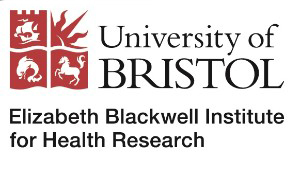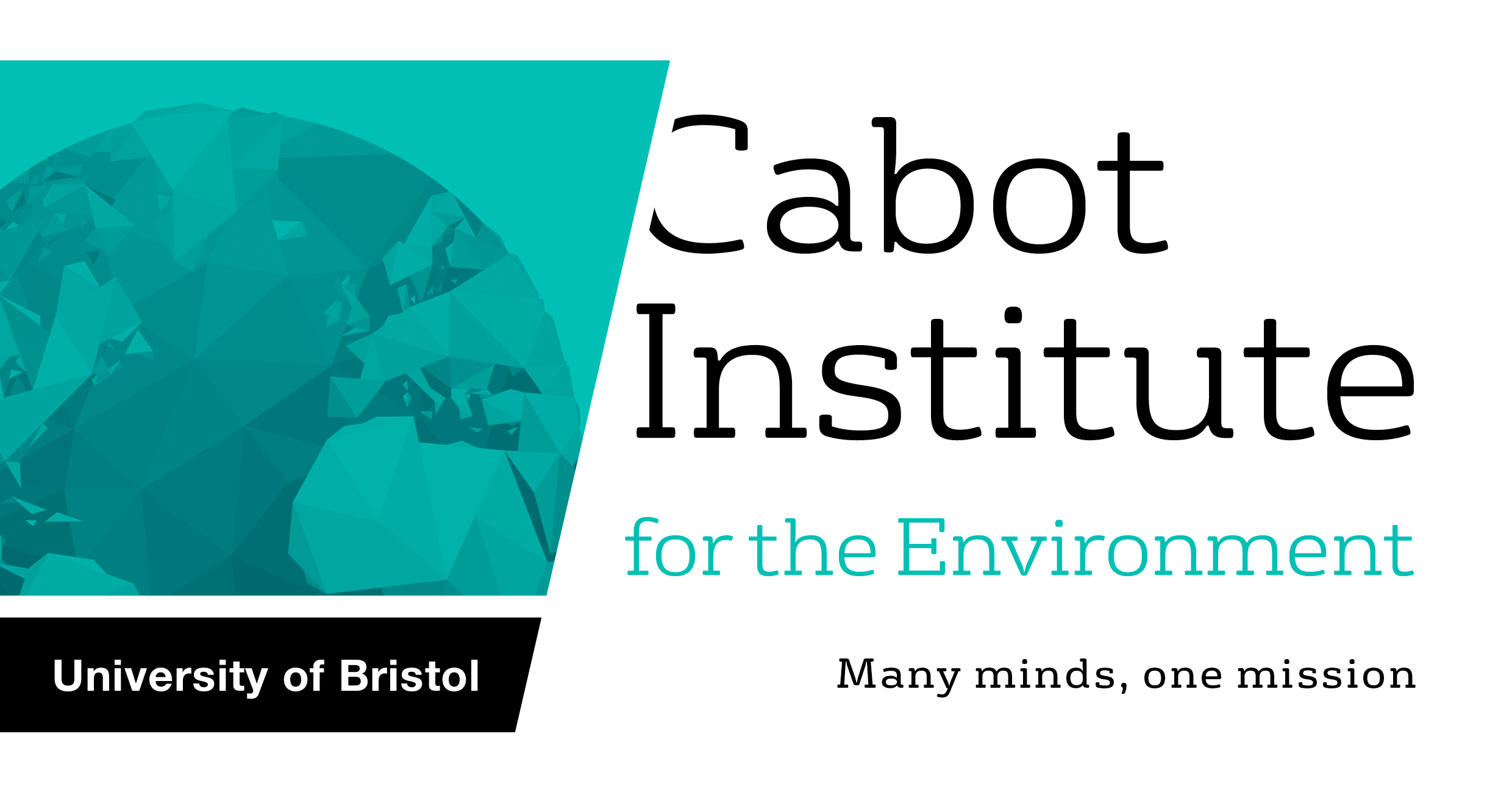The Cabot Institute for the Environment and the Elizabeth Blackwell Institute for Health Research at the University of Bristol are delighted to announce support for three new projects addressing challenges at the interface of climate change and health.
Health Impact of Climate Change and Urban Pollutants
This project led by Dr James Matthews, Dr Anwar Khan and Professor Dudley Shallcross (School of Chemistry), Professor Frank de Vocht and Dr Patricia Albers (Bristol Medical School), and Dr Dann Mitchell (School of Geographical Sciences) will be addressing urban air pollution which represents a major problem for human health, impacting on both morbidity and mortality.
The project will establish air pollution models to determine the impact on dispersion and levels of pollutants likely to be increased from rising temperatures in Bristol, and provide insights in health impacts for its citizens. This pilot could lead to a national project for climate change projections utilising knowledge from other groups in the UK in major population centres such as Leicester, Manchester and London.
The team combines expertise from Prof Shallcross’s research group on models of urban pollutants; Dr Matthew’s work on effect of atmospheric conditions on pollutant dispersion and the concentration of particulate pollutants, and Dr Khan’s atmospheric modelling expertise, with epidemiological expertise by Professor de Vocht and Dr Albers. Dr Mitchell is the Met Office Joint Chair in Climate Hazards in the School of Geographical Sciences with interests in links between extreme weather, climate change and human health.
Associations between climate extremes and HIV outcomes in Eswatini, Malawi, and Zambia
This project led by Dr Adam Trickey and Professor Peter Vickerman (Bristol Medical School), and Professor Guy Howard (Department of Civil Engineering) will study associations between climate extremes and HIV outcomes in Eswatini, Malawi, and Zambia. In particular, it will be investigating relationships between rainfall deviations and HIV outcomes by linking drought data with nationally-representative HIV datasets and modelling the associations.
Global warming will lead to more droughts and floods, decreased food yields, and increased migration/displacement. Emerging evidence indicates food insecurity can hinder HIV treatment outcomes and increase HIV transmission, with quantitative research into this topic currently lacking. It is hoped that this project will lead to larger programmes of work including creation of a multi-country mathematical infectious disease model to project the effects of climate change on HIV transmission.
The team brings together the statistical analysis skills of Dr Trickey, Professor Howard's expertise in links between water and health in low- and middle-income countries, especially Sub-Saharan Africa, and the expertise in HIV epidemiology of Professor Vickerman.
Physical and mental health toll of food insecurity due to climate change: A pilot exploration of Uganda and South Africa
The project led by an interdisciplinary team of collaborators from the University of Bristol, UK (Dr Mary Zhang and Professor David Gordon (School for Policy Studies), Dr Dann Mitchell (School of Geographical Sciences), Professor Dawei Han (Department of Civil Engineering), Dr David MacLeod (School of Geographical Sciences)), and McGill University, Canada (Professor Frank Elgar (Institute for Health and Social Policy), Professor Hugo Melgar-Quiñonez (School of Human Nutrition)) aims to utilise climate-change and crop-yield modelling to explore the vulnerability of Uganda and South Africa as representatives of Africa to food insecurity and its impact on physical and mental health in the context of poverty and inequality.
This feasibility project brings together diverse expertise and skills in the areas of impact of climate change on human health (Mitchell), modelling systems for seasonal predictions via soil hydrology and data visualisation (MacLeod); agricultural water engineering and remote sensing (Han), food security (Melgar-Quiñonez), impact of food insecurity on human health (Elgar), relation between poverty and wellbeing of children and women (Zhang), international poverty research (Gordon).
The research outputs will be designed to provide the needed information to improve food security and physical and mental health of African citizens. It is hoped that local governments, Civil Society Organisations and national and international organisations can use the outputs as evidence to generate and enhance climate-sensitive and inclusive policies and practices in their areas of operation.

